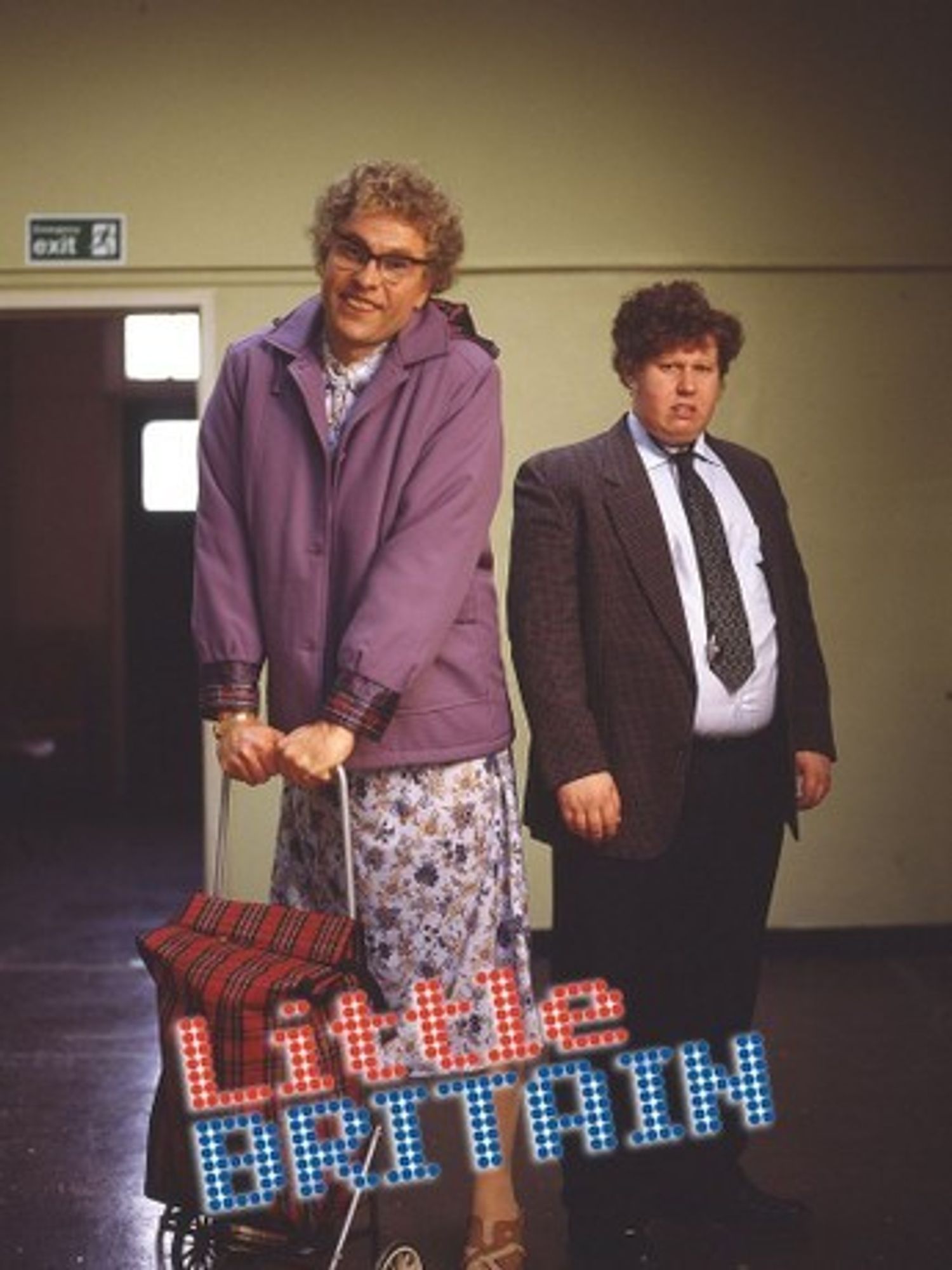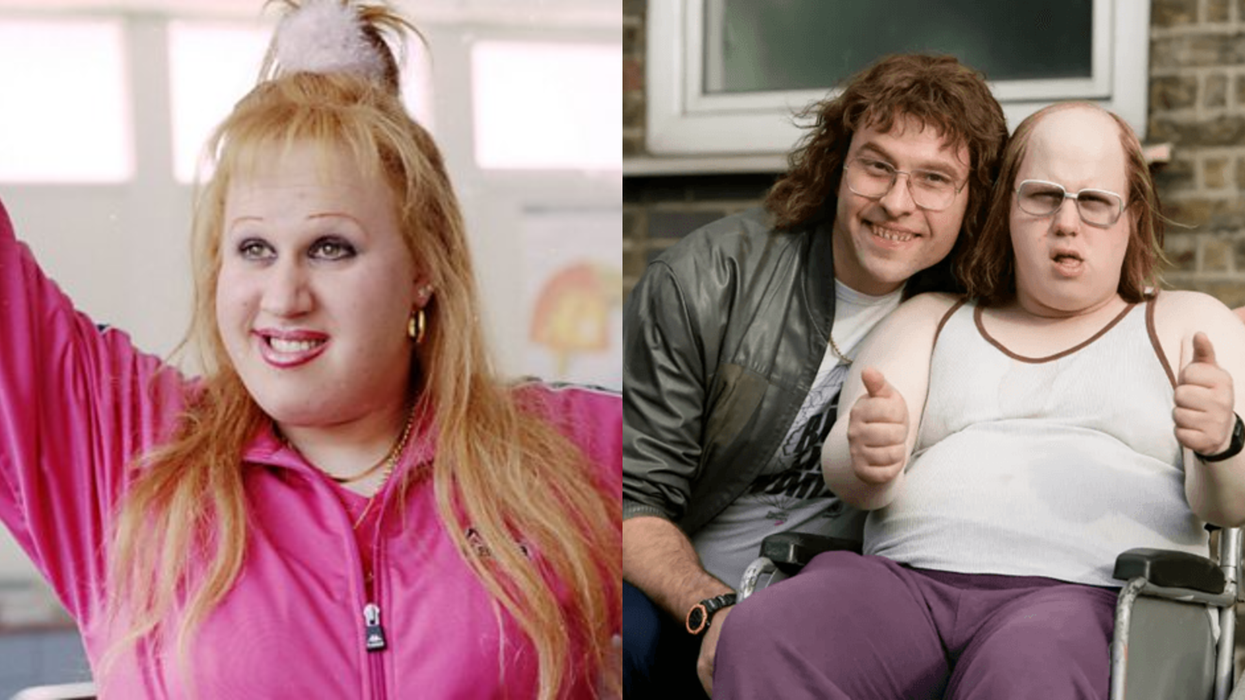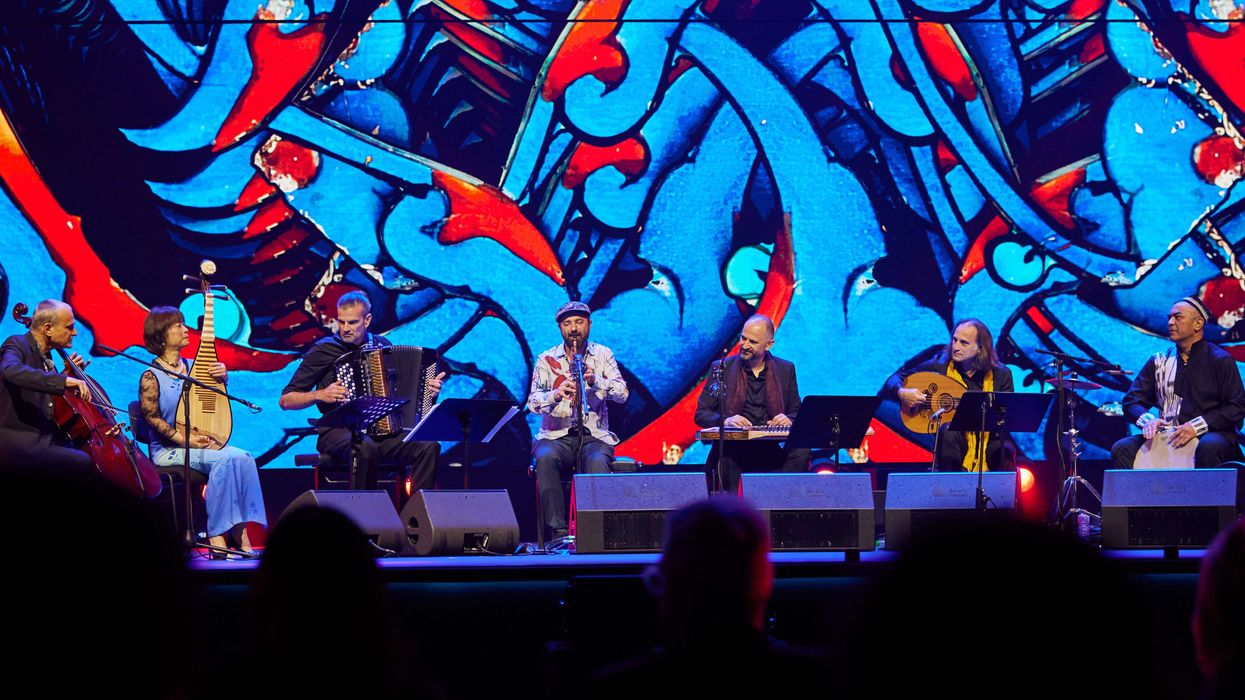More than two decades after Little Britain first aired, a new audience is discovering the controversial sketch show but not on BBC or Netflix. Instead, Gen-Z has resurrected it on TikTok, where short clips featuring outrageous characters and catchphrases have racked up millions of views. The twist? Many of these viral clips are the very ones that got the show pulled from streaming platforms in 2020.
Created by Matt Lucas and David Walliams, Little Britain was a defining comedy of the 2000s. It won awards, ran across multiple seasons, and even spawned a spin-off, Come Fly With Me. But as societal standards around race, sexuality, and disability evolved, the show came under fire for jokes that many now see as not just outdated but outright offensive.
- YouTubewww.youtube.com
So, what exactly were the problematic parts that made Little Britain so controversial? And why is a younger, supposedly more ‘woke’ generation giving it a second life online?
The sketch comedy that wouldn’t survive today
In its heyday, Little Britain pushed boundaries, but those boundaries have since shifted. Here are some of the show’s most criticised elements:
1.Blackface and racial impersonations
Perhaps the most damning legacy of the show is its frequent use of blackface. Lucas and Walliams regularly donned makeup to portray Black, Asian, and Middle Eastern characters. Desiree DeVere, a Black woman played by Lucas, and Walliams’ portrayal of a Pakistani airport worker in Come Fly With Me, are now widely cited as textbook examples of casual racism in British comedy.
2.Mocking immigrants
In one sketch, a South Asian woman repeatedly says “fish and chips” to a white woman who pretends not to understand her accent. The joke? There’s nothing wrong with her pronunciation. It’s a clear dig at how immigrants are othered and ridiculed for simply existing in British spaces.

3.Homophobic tropes
Daffyd Thomas, “the only gay in the village,” became a pop culture icon. But behind the tight latex and defiant catchphrases was a caricature that trivialised queer identity. Critics argue the sketch mocked those seeking LGBTQ+ representation, especially in rural Britain, by painting them as attention-seeking or even delusional.
4.Making disability the punchline
The Lou and Andy sketches, where a man pretends to be disabled while secretly living a full and able-bodied life, were played for laughs. But disability advocates slammed the recurring gag for reinforcing harmful stereotypes especially the idea that disabled people are exaggerating their conditions.
5.Fatphobia disguised as satire
Marjorie Dawes, the cruel leader of “FatFighters,” body-shamed plus-size people under the guise of tough love. She dished out insults like “you’re all a bunch of fatties” and suggested dieters should eat dust. Today, the sketch reads less like satire and more like playground bullying with a budget.
So why is Gen-Z obsessed?
On the surface, it’s ironic. This is the same generation that calls out microaggressions, supports trigger warnings, and champions inclusivity. And yet, here they are remixing, quoting, and laughing at Little Britain on TikTok.
Some see it as a rebellion against the restrictions of ‘cancel culture.’ Others argue Gen-Z isn't laughing with the show, but at its absurdity.
The lo-fi clips, strange voices, and bizarre characters may feel so dated they become unintentionally funny. But the nostalgia factor is real, too especially for older Gen-Zs who may have grown up overhearing these sketches at home. And on TikTok, context is often stripped away. A clip of Daffyd dramatically storming out of a pub is just a 15-second punchline. The problematic framing? Not always obvious.
Apology tour and accountability
In 2020, Lucas and Walliams issued public apologies. “We now understand it was wrong,” Lucas admitted. The BBC removed the show from iPlayer, and Netflix followed suit. A few versions have since returned to platforms but with edits.
- YouTubewww.youtube.com
Characters in blackface and racially insensitive sketches are no longer included.
Still, as Little Britain finds unexpected life on TikTok, the debate continues. Is it cultural history worth critiquing? A comedic relic that should stay buried? Or a mirror to how easily offensive content can be repackaged and recirculated in the age of short-form virality?





